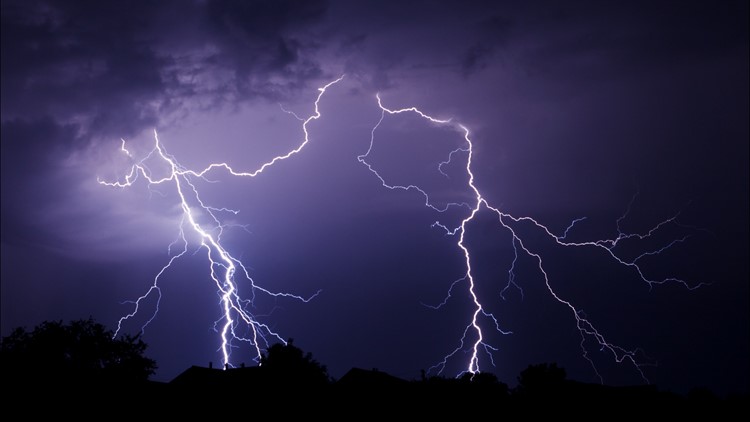Severe Weather Preparedness with Adapt Energy
The right energy system can bring peace of mind — and save money — when the weather turns nasty

Valentine’s Day 2021 brought no love to Texas — that was the date when an Arctic front swept through the state, turning a winter storm that had already been described as “significant” by the National Weather Service into an event they dubbed “historic.” For the next week, the state would be pummeled by snow, sleet, freezing rain, and abnormally cold temperatures. Nearly 70% of the state’s population lost power at some point during the following week, and many were offline for days.
One home that never went dark during the event belonged to Troy Morgan, CEO of PanTech Design. His Crestron-powered residence had been outfitted with an Adapt Energy system that included robust battery backup, among other features. “Troy's system stayed on for the duration, and I didn't have a system at the time,” says Alex Teague, PanTech’s COO. “I stayed without power for the better part of an entire week.”
The system — one of many home automation solutions offered by PanTech that integrates easily with the Crestron Home® OS — understands how backup energy needs to be distributed when the grid goes down, distinguishing between essential loads (lighting and the home network, for example), and less critical subsystems. But beyond that, an Adapt Energy management system operates with the “forewarned is forearmed” philosophy — a home with the solution can ready itself for potential issues.
“There's a lot of different ways that we can help, but most of the time, that's through scheduling and assisting with daily cycling,” says Teague. “So if you have a solar and battery system, you want to choose when to use that power, store it, or push it back to the grid. We can help manage the flow of energy and when things charge and discharge.”
Always on Alert
The system leans on established sources for warnings and alerts. “When the integrator sets up the solution, they're asked for a zip code, and that will pull data from the National Weather Service, NOAA, and any relevant alert systems,” explains Teague. “We've already filtered them for things that would be important and applicable to energy, but the end user and the integrator that's setting the system up for a homeowner can go through and check and uncheck any of the alerts that they care about.” The system will send a message to the end user in various ways, from text messages to touch screen popups. The Crestron Home platform will then let the homeowner determine if they’d like to adjust something or just let the system go about its business.
And if the power does go out? “There are two levels of configuration should the home go dark,” says Teague. First, the system has multiple triggers to determine that power has actually been interrupted. “We have hardwired sensors that detect power loss, and then we also have software connections that we monitor that tell us that power has been lost.” (Adapt Energy and its partners — including sonnen and Crestron — all provide those software monitors.) “We do a double check, but the hardwired sensors are always the most reliable,” he adds.
Quality is Key
With a series of simple settings, the system can lock out the end user from doing things that they may not want to do. “Say you've got a well pump that you don't want to run when you're off the grid because it might overload your system,” Teague explains. “The dealer has the ability to lock that load off for the duration of that event, so the end user can't get themselves into trouble. Then once that event has run, the homeowner can run one of their preconfigured profiles for grid loss, and they can choose what happens next — they can do nothing, or they can preconfigure certain loads to go off or on. It gives them complete flexibility.” Of course, critical systems — a basement sump pump, for example — will never be interrupted.
Of course, other energy management systems on the market can perform these functions, but Teague says Adapt Energy is a cut above its competition. “Our hardware is top-notch. Not just because of its Crestron ‘brain,’ but all of the other components are state-of-the-art. They are more expensive than most of our competitors, but the parts and pieces that we've chosen to use should run well after the batteries have reached their end of life.”
“We’ve had customers who’d used other systems, and after the batteries depleted, they couldn't get back up and running and were just dead in the water,” he adds.
A reliable energy management system that’s effective both during severe weather events and calm conditions offers more than conserving energy and preventing damage, according to Teague. “The peace of mind that comes with these systems — both in savings and security — is absolutely priceless.”